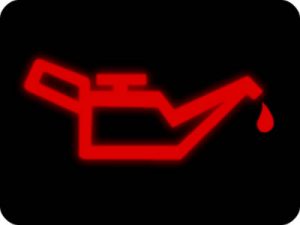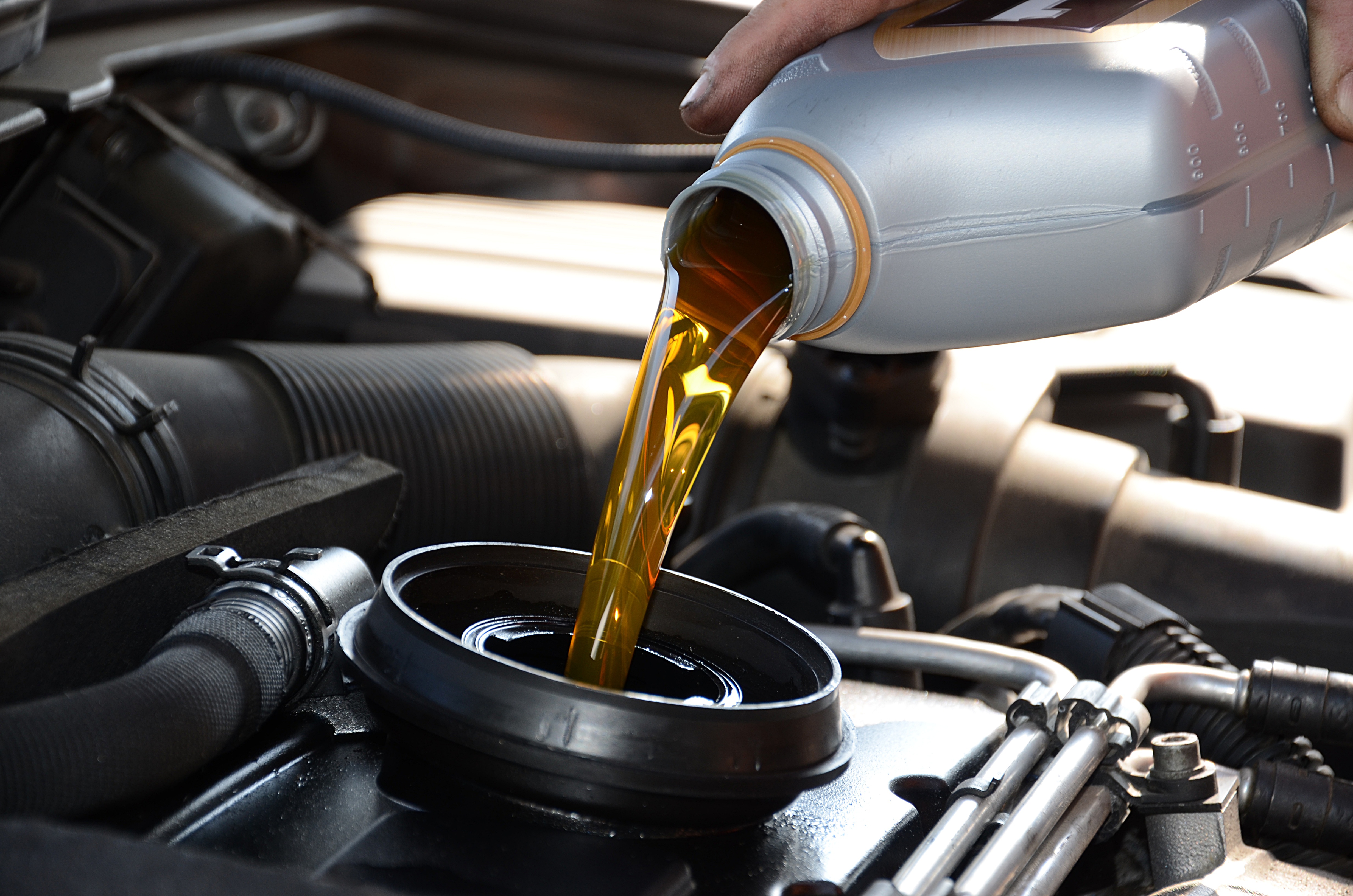Replacing your oil is vital to keep your car healthy and extending the life of your engine. So why is changing your oil and filter important? Find out below.
What does oil do?
The main purpose of engine oil is to lubricate the metal parts of your engine. This reduces the friction and heat caused by the engine’s components rubbing together. Oil prevents buildups of excess heat which can damage your engine.
Oil also helps cool your engine. The engine’s oil pump will push oil around the engine, transferring heat to the cooler parts of the engine.
What is an oil filter?

Over time, metal, dust, carbon and fuel contaminants will enter your engine. They will then be caught by your engine’s oil system. The oil filter’s job is to remove these contaminants from your engine by capturing them as the oil passes through. This ensures that your engine stays clean and healthy.
Why should you change your oil and filter?
Regular servicing will improve the health of your engine and increase the life of your vehicle. When you have your oil and filter changed at the correct service interval (normally around 10,000 km), you will reduce strain on your vehicle’s engine, reducing the chance of engine-related problems in the future. Correct engine lubrication will also lead to improved fuel efficiency, and fewer emissions, saving you money over time and helping our environment.
If you don’t change your oil when it is recommended, the oil will lose effectiveness, causing engine parts to rub against each other and create excess heat. This can cause overheating of the engine which will quickly wear down its metal components.
Oil sludge can build up in your engine over time. Oil sludge can stick to your engine, clogging up paths. This can then prevent oil from flowing around your engine correctly. Sludge build-ups are most common in newer vehicles.
We recommend that you replace your oil filter whenever you receive an oil change (normally around 10,000 km). An ineffective oil filter will result in increased contaminants in your engine. These contaminants will scrape against your engine parts, causing them to become worn over time.
What are the symptoms of old, dirty or low oil?

If this dashboard light appears, you should check your oil.
If you oil is due for a change, you may experience some of the following symptoms while driving:
- Your engine will be louder than usual (especially at startup).
- Your car may struggle to stay at a constant speed. This can be caused by a clogged oil filter.
- Your oil light or engine light will illuminate.
Checking the state of your oil.
Is is easy to tell if your oil needs changing. Simply open the bonnet and locate your engine dipstick. Pull the dipstick out and examine the colour of the oil. Healthy oil will be a clear, golden colour whereas dirty oil will be dark brown or black.
Most dipsticks will have markings on them that indicate how much oil is in your engine. Examine these markings to ensure that your vehicle has enough oil. If not, top it up accordingly.
Getting your oil and filter changed.
If your vehicle is low on oil, you should have the oil changed as soon as possible. This will minimise damage to your engine and extend the life of your vehicle. You can either change the oil yourself (beware, it can be a very messy job) or take it to a workshop to be serviced.
At Grimmer Motors, we offer quick, thorough and reliable oil and filter changes. When you spend over $130 on an oil change, you will also receive a FREE Oil Filter Replacement (valid until July 31, 2017).
We also offer FREE Electronic Tests with all oil changes. This means that we can detect faults in your vehicle before they cause more damage.
For every new customer we receive, we will fund the planting of a tree in local areas via Trees for Survival. 
To get your engine’s oil changed or simply have a chat about your vehicle, contact us today.

